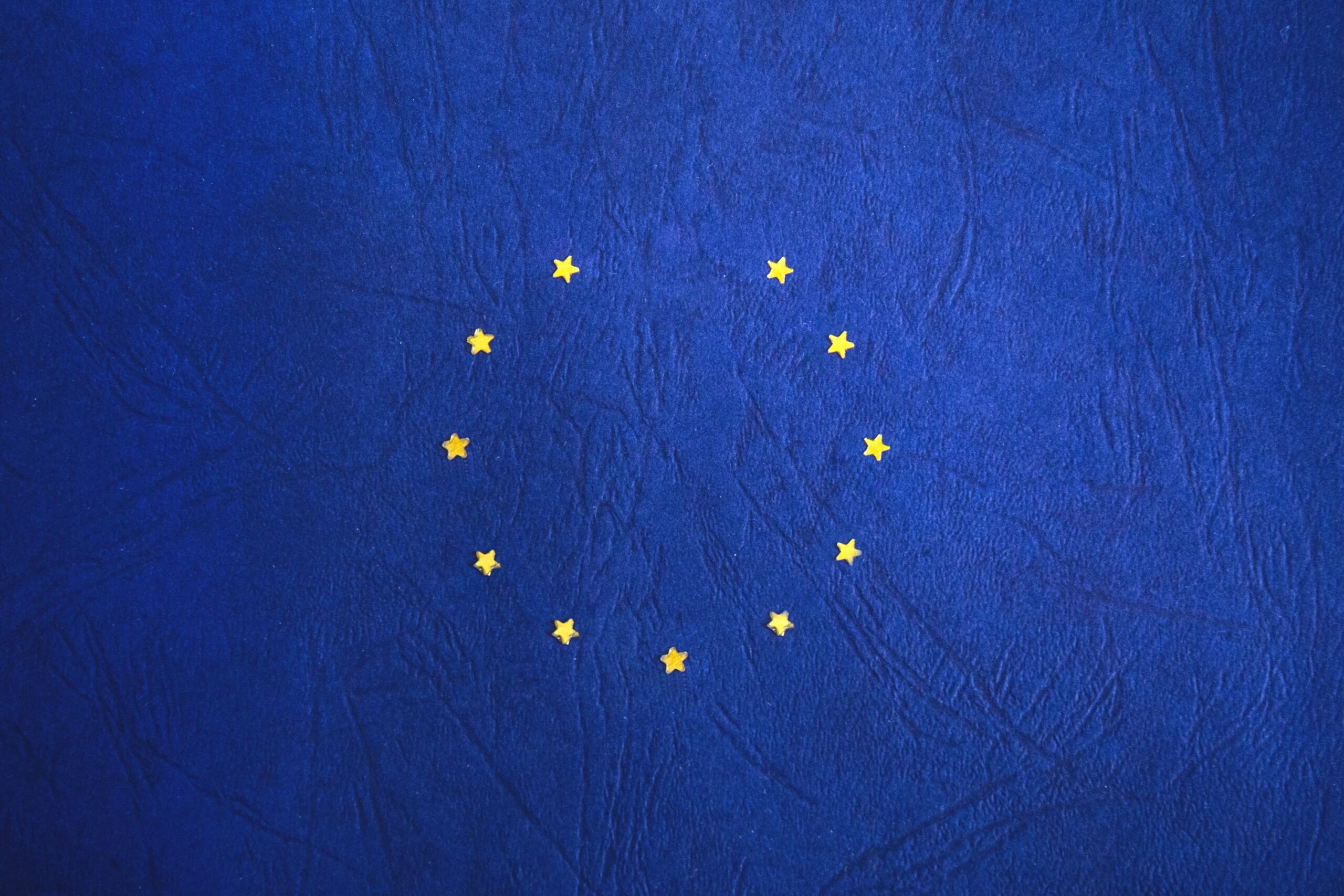Rassegne e commenti

In its decision 2 BvR 547/21, the Second Senate of the German Federal Constitutional Court rejected the application for interim measures aimed at preventing the entry into force of the Federal Act ratifying the "Own Resources Decision" adopted by the Heads of State and Government of the European Union in December 2020. At the same time, however, the Court declared the request for constitutionality review lodged with the application to be admissible and not manifestly unfounded. Although the hypothesis seems unlikely, in the future the ruling on the latter could lead the German Constitutional Judges to find a violation of the so-called constitutional identity (as derived from the interpretation of Art. 79, paragraph 3 of the German Basic Law), with serious consequences for the participation of the Federal Republic of Germany in the process of supranational integration.
Read More
The Conseil d’Etat refuses to follow the Pied Piper of Karlsruhe
Jacques Ziller | 22 April 2021 | Issue 2/2021
The French Conseil d'Etat categorically rejected the thesis that the courts of the Member States, in particular their supreme (or constitutional) courts, are authorised to review any "ultra vires" of the European institutions. The wording of the judgment is an implicit way of recognising the CJEU's monopoly on the authentic interpretation of the Treaty, unlike the German constitutional court in the Weiss case and scholarship regarding the notions of constitutional identity and the protection of national security. It also recalls that traditional case law of the Conseil d'Etat, which can be considered as a French version of the doctrine of counter-limits, i.e. that only if there is a fundamental right in Union law that corresponds to that guaranteed by French constitutional law, EU law and the CJEU’s jurisprudence apply.
Read More
Beyond the Ivory Tower: the role of University in contemporary society
Beatrice Rabai | 19 April 2021 | Issue 2/2021
The aim of this article is to analyse some questions concerning the relationship between the policy of the European Union in the Higher education and the profound changes taking place in the Italian university system.
Read More
The German Constitutional Court calls into question the Recovery and Resilience Plan
José Luís da Cruz Vilaça | 3 April 2021 | Issue 2/2021
The German Constitutional Court, following a complaint by two thousand German citizens, determined that, pending the final decision, the German President, Frank-Walter Steinmeier, could not promulgate the Own Resources Decision that allows the European Commission to issue bonds on the markets to finance the Recovery and Resilience Facility (RRF). The decision had already been approved by the Bundestag and the Bundesrat. The complainants argue that the way in which the RFF is financed violates the EU’s obligation to maintain a balanced budget and consider the planned issuance to be a "flagrant violation of the EU Treaty", namely of article 311 of the Treaty on the Functioning of the EU (TFEU). This is not the first time and probably will not be the last that the Bundesverfassungsgericht questions, and tests, the limits of European competences and the relationship between German and European constitutional sovereignties. It was so with the Solange judgments, in the decades of 1970 and 80; in examining the constitutionality of the law ratifying the Maastricht Treaty in 1992 and in the assessment of the law ratifying the Treaty of Lisbon in 2009; and last but not the least, last year, the Court questioned the European Central Bank’s secondary markets purchase programme for public sector assets, ultimately, drawing upon itself powers conferred by the Treaties exclusively on the Court of Justice of the EU, thus threatening the foundations of an integration legal order established over 70 years. Without the Own Resources Decision, which must be approved by all Member-States, the Commission will not be able to issue the bonds needed to finance the RRF. To avoid adding a serious economic crisis to the pandemic one, aggravated in Europe by the shortcomings of the European Commission’s management of the vaccines purchase, the Bundesverfassungsgericht should provide an urgent response. In a way, the German Constitutional Court has built itself up, in European matters, as a defender of a strict constitutional nationalism, incompatible with Germany’s commitment to European integration. Once again, the long-term future of the European Union will be decided in the short-term response of the German Constitutional Court.
Read More
Work and information technology. Notes on the vote of confidence in the Draghi government
Giancarlo Vilella | 2 April 2021 | Issue 2/2021
The Draghi government has taken office at a time when the labour market, characterised by the decisive influence of information technologies and a high degree of mobility, is undergoing great changes. The emergence of the pandemic, which had been underway for almost a year when the Draghi government was sworn in, has hit the labour market with the destruction of jobs and the failure to create new ones, while at the same time accentuating the disruptive processes underway (IT, mobility). The phenomenon is supranational, and the European Union is acting on two levels: facing up to the emergency (SURE, Youth initiative, EU Next Generation, etc.) and intervening on the basis of a strategy focused on investment in information technologies. It is these technologies which are changing production processes and how trades and professions are carried out, reshaping the labour market while making it necessary for workers to upskill and have IT profiles and creating a strong asymmetry between workers and their employment prospects. The Premier’s speech and the government’s programme are taking this problem into account: on the one hand, they have announced reforms of the assegno di riallocazione reallocation allowance and of job centres, on the other hand, they are talking about strengthening infrastructure (broadband, 5G) and the transversality of the Digital Transition. All of which seems appropriate. The hope is that all this will be done in the European strategic context and that the employment market becomes the omnipresent pivot of the transversal transition.
Read More
Managing in times of crisis : the case of the European Parliament
Giancarlo Vilella | 27 January 2021 | Issue 1/2021
The essential points of the reasoning developed in this article are: Covid-19 has brought to the fore the role played by the administration as a bridge in the (conflictual) confrontation between the power of science and political power; the health emergency has cast light on the importance of the functioning of parliamentary institutions for the defence of democracy because the executive branch (objectively) gets the upper hand. The administration of the European Parliament is a very interesting case study in this respect because it has succeeded in coping with the emergency thanks to several factors; EPA implemented a programme of structural digitisation of the European Parliament in recent years. Finally, EPA worked for activating an administrative capacity to manage the “unprecedented measures” that had to be adopted: this capacity was achieved by carrying out the actions within the strict framework of the governance of the European Parliament and under its permanent scrutiny.
Read More
United Kingdom-European union trade agreement. General features
José Luís da Cruz Vilaça | 14 January 2021 | Issue 1/2021
The trade agreement with the UK has avoided the worst-case scenario, but it is complex and contingent. It establishes freedom of trade in goods, without avoiding the increase in customs bureaucracy. It defines an equality platform, but it provides for compensatory measures (retaliatory?) in case of departure from the standards in force. There is virtually no agreement for services, negotiations must continue. There is a moratorium on fisheries until 2026, with a gradual reduction in catches in the UK UK Exclusive Economic Zone. Europeans can travel without a visa for 90 days, but there is no general agreement on mobility. In essence, the United Kingdom becomes a third country for the European Union and the rules on the application of the Treaty and conflict resolution, based on arbitration and compensatory measures, may result in a permanent negotiation and dispute procedure.
Read More
The New Brexit Deal: Predictable Outcome of a Lose-Lose Negotiation. A First Glance Assessment of the EU-UK Trade Agreement 24.12.2020 (second episode)
Jacques Ziller | 29 December 2020 | Issue 4/2020
The EU-UK Trade and Cooperation Agreement published on 26 December maintains access to the EU market from the UK and vice-versa, but to a quite lesser extent than EU law did. The approach of the Johnson government to the negotiations have led to a treaty that lacks the main guarantees of legal certainty that EU law was offering with the concepts of uniform application direct effect, primacy and consistent interpretation. Brexit is creating far more losers than winners.
Read More
Brexit: to have or not to have a deal? (first episode)
Jacques Ziller | 30 November 2020 | Issue 4/2020
The Withdrawal agreement, which regulates the status of citizens settled before 1 February 2020 is ensuring the continuation of EU citizen’s rights to free movement and residence in the UK ad vitam and vice-versa for the UK citizens settled in the EU. Whether there will be one or more other binding agreements on free trade and other issues between the UK and the EU to enter into force on 1 January 2021 so as to avoid a very damageable “hard Brexit” depends on variables that escape rationality and are therefore unpredictable.
Read More
While the preservation of rights acquired by EU citizens residing in the UK (and vice versa) prior to the withdrawal is ensured by the Withdrawal Agreement signed in January, and entered into force on 1 February 2020, the future of EU-UK relations depends on the outcome of the ongoing negotiations. The outcome of these negotiations remains very uncertain, given the difficulty of reaching a free trade and fisheries agreement, and given the recent British initiative of a bill presented by the British government itself as a partial breach of the Withdrawal Agreement in as far as the movement of goods between Northern Ireland and the EU is concerned. However, the negotiating tactics of the current British government - and of its leader in particular - have become clear: it is a question of the flexing of its muscles for the tug-of-war of the coming weeks. A fair and mutually beneficial trade agreement, while maintaining peace on the hard-won Irish front, is therefore still possible.
Read More